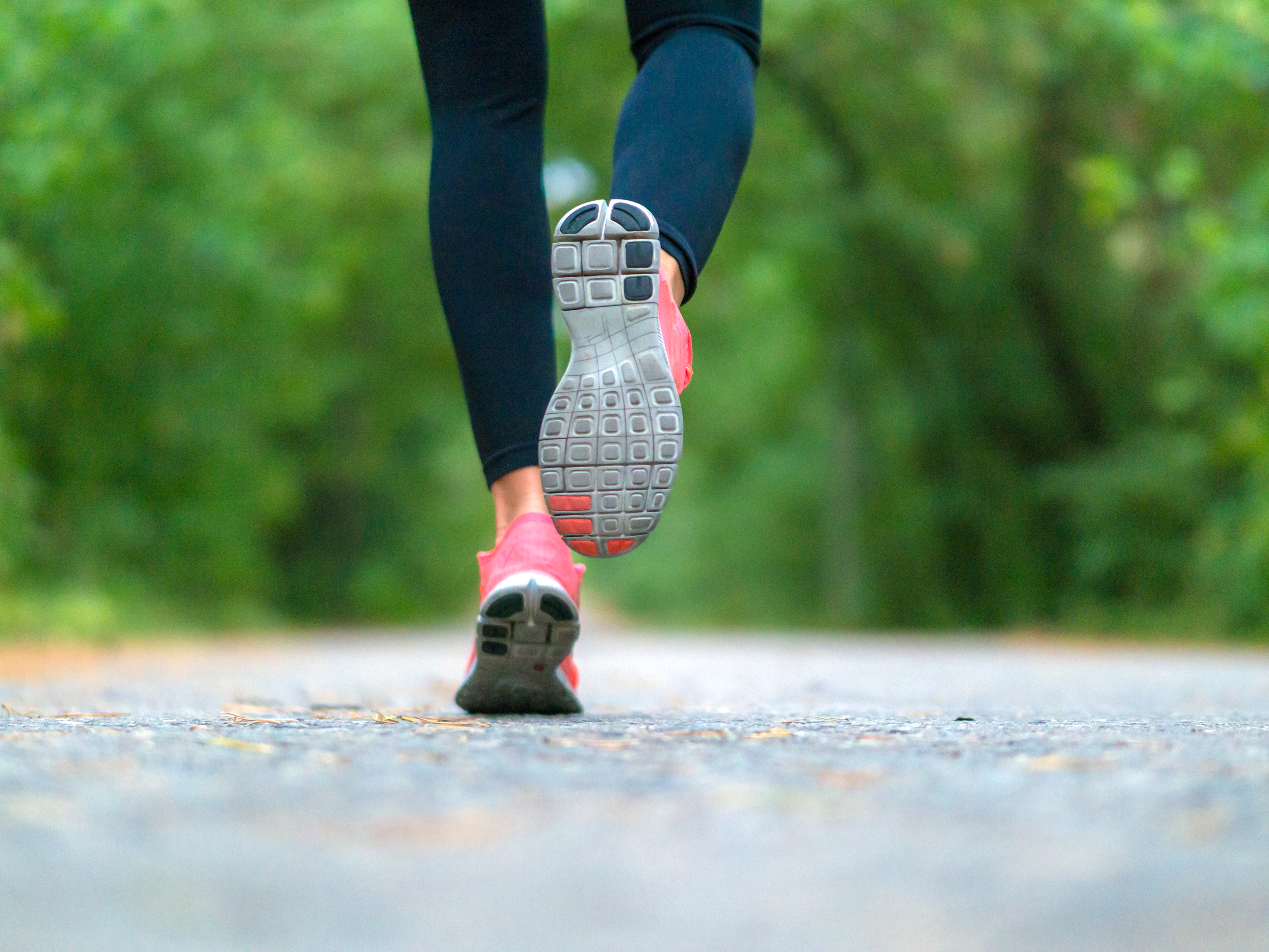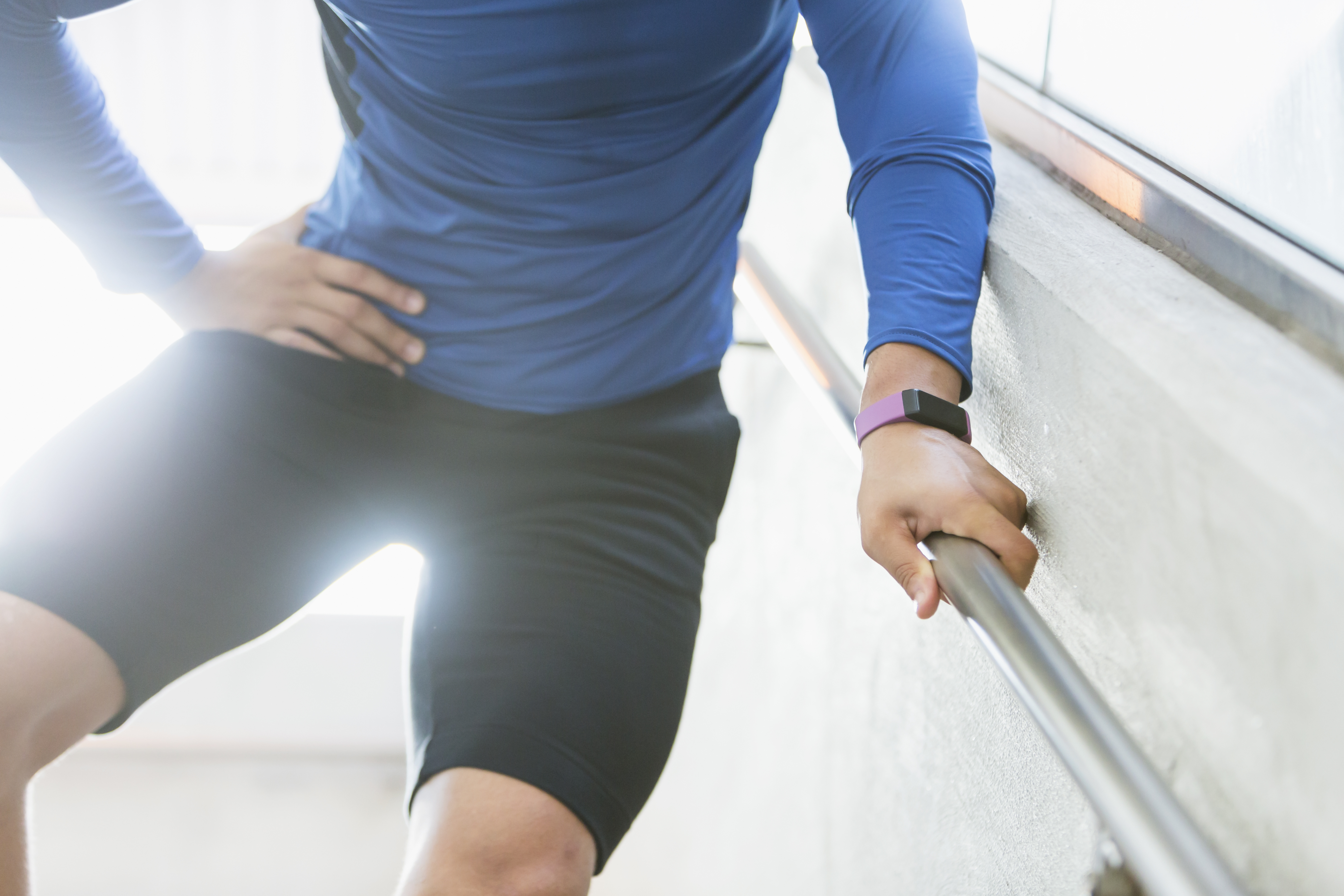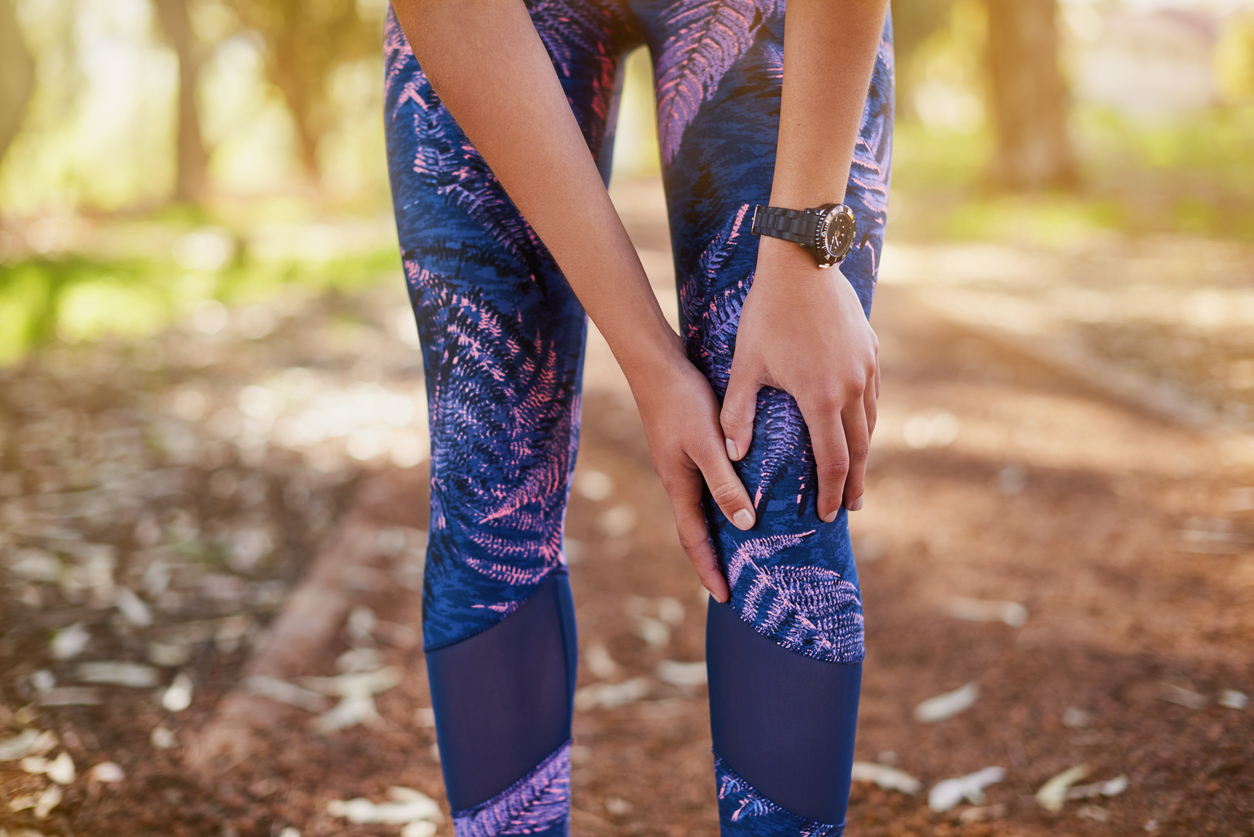Running is an effective way to improve your health but it’s also associated with a high risk of injury; between 40% and 50% of runners get injured every year.
A US survey of more than 11,000 runners showed that more than 10% experienced hip and/or lower back pain, while a separate study found that among adults who play sports, between 30% and 40% experience long-term hip pain.
“Hip pain may be due to something as simple as inappropriate footwear, the surface you’re running on or muscle imbalances throughout the body -- not just the lower limbs” says Matthew Rodgers, osteopath and Head of Professional Development for the Institute of Osteopathy.
There are many causes of hip pain, but understanding the source of your pain can help you recover as well as prevent it happening again.
What causes hip pain from running?
Some causes of hip pain can be brought on by running or other forms of exercise, with these 4 being among the most common.
Overuse
Running significantly more than you normally would can cause a ligament in your thigh to become inflamed (iliotibial band syndrome). This can also cause muscle strain to develop, usually in the muscles that run down the back of your leg (hamstring injury).
The repetitive movement of running can also lead to swelling and tenderness in the joints (bursitis), which results in pain and discomfort.

Poor technique or muscle imbalance
Poor technique when you run can cause an imbalance and strain in the muscles of the leg.
Common issues that impact someone’s running technique include:
- leaning more on 1 leg when you run
- having 1 leg shorter than the other
- spinal issues
- not swinging your arms correctly
- not keeping your hips stable
Stress fractures
A tiny crack in the hip bone can develop as the result of repeated stress on the body from exercise. It affects more women than men, possibly because women usually have a lower bone density.
Cartilage damage
A sudden injury, such as a sports injury, or gradual wear and tear (osteoarthritis) can cause damage to cartilage around the hip, known as a labral tear. This is a common cause of hip pain in young athletes.
Pain that arises during or after running

To try and work out the cause of your hip pain, it could help to ask yourself the following questions:
1. Does the pain also affect the knee or move up and down the leg? Or does it occur at roughly the same distance each time you run and worsen if you continue?
Both of these symptoms are a sign of iliotibial band syndrome, which has been linked to muscle weakness, tightness in the band of tissue that runs down the length of your thigh and having different leg lengths.
2. Did the hip pain occur suddenly after you had started running? Or did you hear a pop?
These are signs of a hamstring injury, which happens when your tendons or muscles are stretched beyond their limit.
3. Is there swelling and bruising at the back of the thigh?
This is also a sign of a hamstring injury.
4. Do you have swelling, tenderness or stiffness in the hip and find it difficult to lie on the affected side? Is your hip warm and red?
These are signs of bursitis, which can be caused by injury, an infection or a pre-existing health condition such as gout or arthritis.
5. Can you feel a grating or crackling sensation in your hip? Does it also cause pain in your groin?
This could be cartilage damage caused by osteoarthritis, which is more likely as you get older, if you’re female or overweight.
When to see a doctor about hip pain
If the pain in your hip is stopping you from running, not getting better (especially with rest) or getting worse you should seek advice from a healthcare professional.



